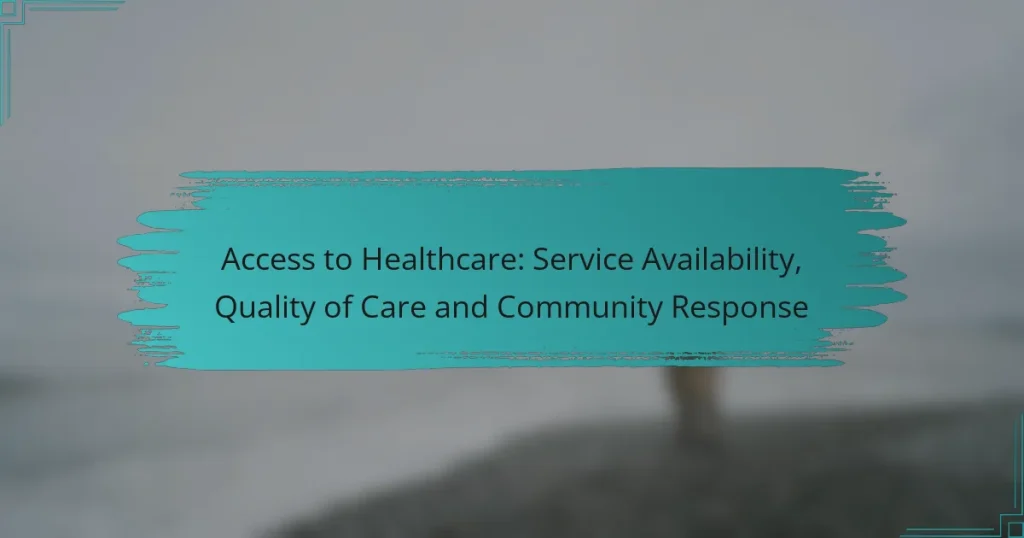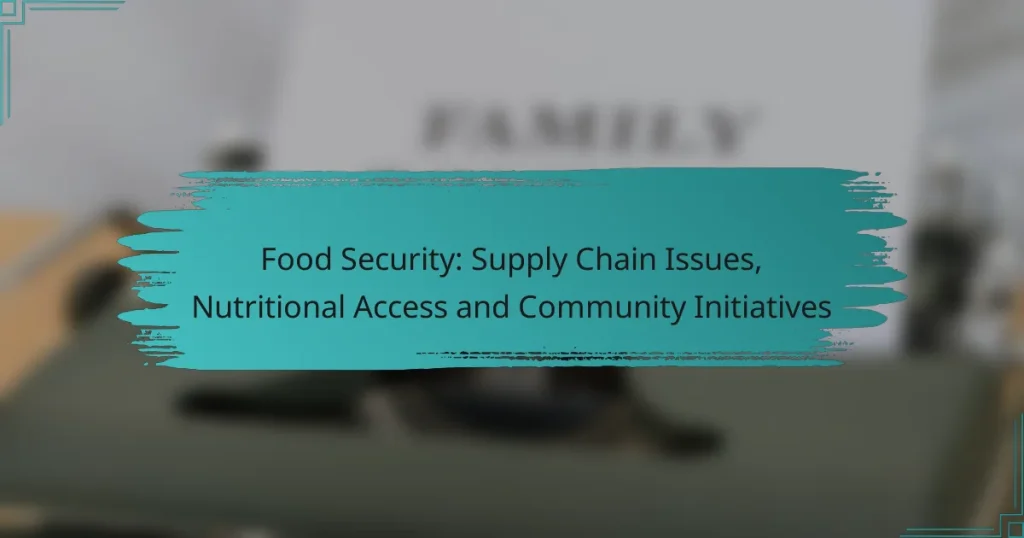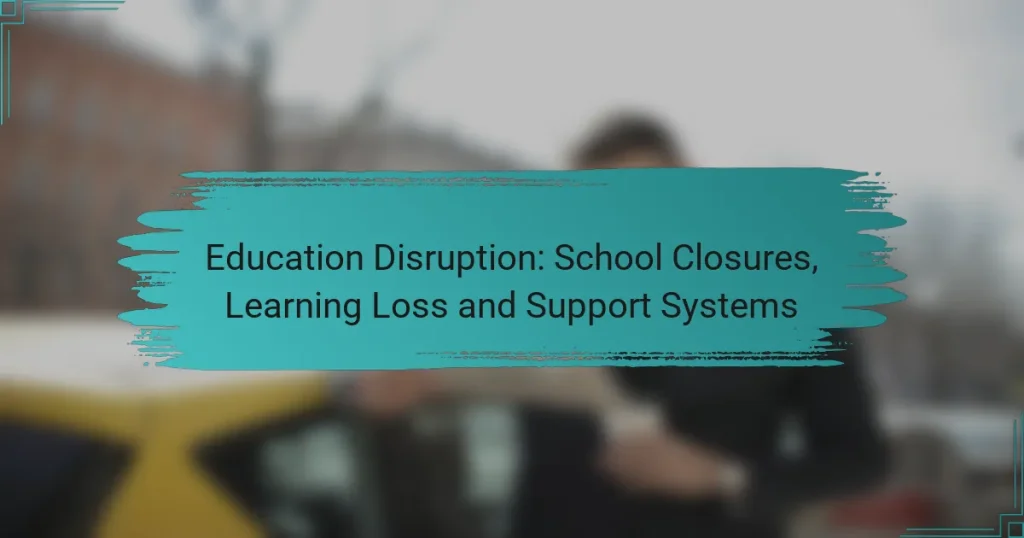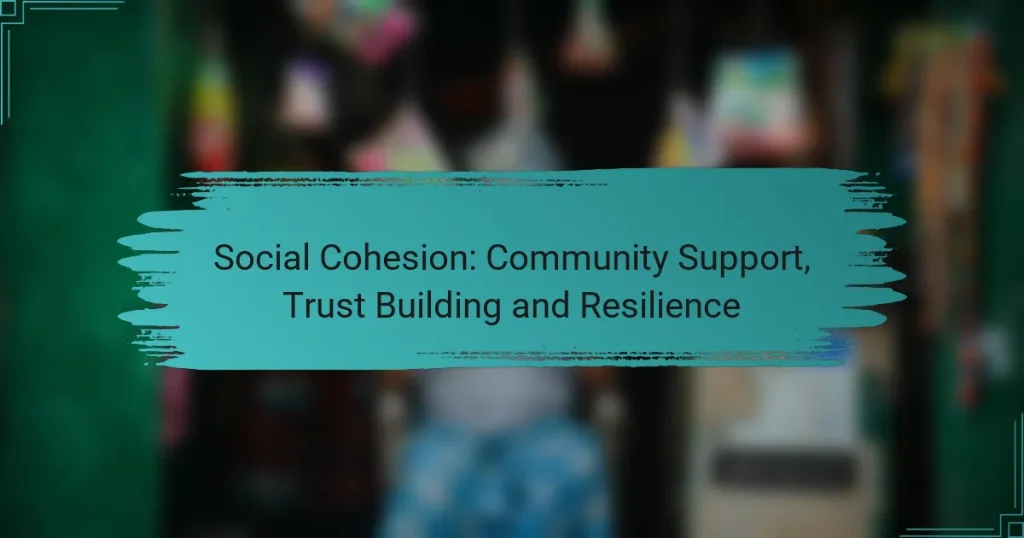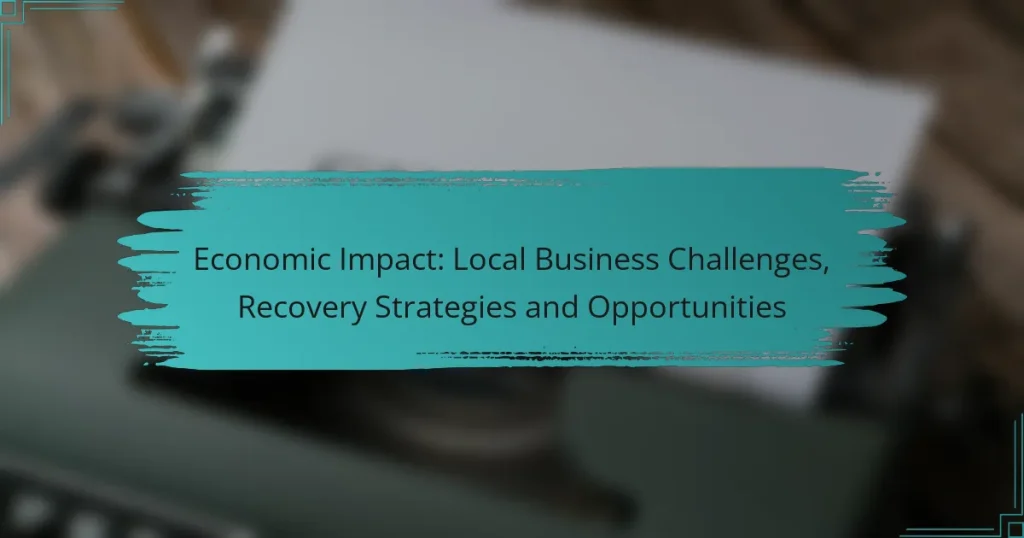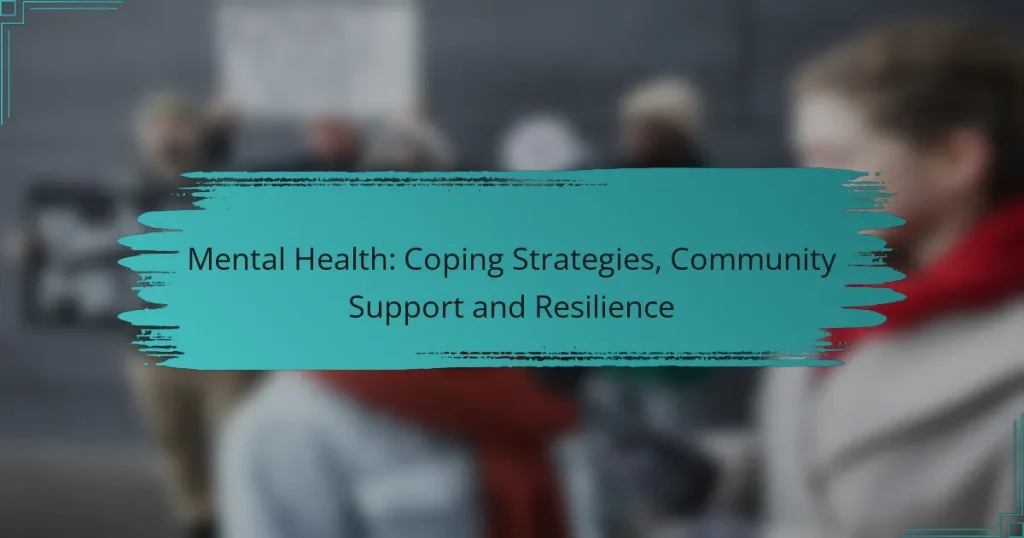Crises can profoundly affect daily life, leading to heightened stress, disrupted routines, and economic instability. The impact varies based on the crisis type, whether it’s economic, health-related, or social. Implementing effective coping strategies and fostering community support can help individuals and groups navigate these challenging times more successfully.
Food Security: Supply Chain Issues, Nutritional Access and Community Initiatives
Education Disruption: School Closures, Learning Loss and Support Systems
Social Cohesion: Community Support, Trust Building and Resilience
Economic Impact: Local Business Challenges, Recovery Strategies and Opportunities
Youth Engagement: Volunteer Opportunities, Advocacy and Leadership Roles
Mental Health: Coping Strategies, Community Support and Resilience
How do crises affect daily life in South Africa?
Crises in South Africa can significantly disrupt daily life by increasing stress levels, altering routines, and impacting economic stability. These effects can vary widely depending on the nature of the crisis, whether it be economic, health-related, or social.
Increased stress and anxiety
During crises, many South Africans experience heightened stress and anxiety due to uncertainty and fear of the unknown. This emotional strain can lead to mental health challenges, affecting individuals and families alike.
Common stressors include concerns about safety, health, and financial stability. It is crucial for individuals to seek support through community resources or mental health professionals when facing overwhelming feelings.
Disruption of daily routines
Crises can lead to significant disruptions in daily routines, affecting everything from work schedules to school attendance. For instance, lockdowns during health emergencies can force schools to close, impacting children’s education and parents’ ability to work.
Adapting to new routines, such as remote work or online learning, requires flexibility and resilience. Establishing a structured daily schedule can help mitigate the chaos and maintain a sense of normalcy.
Impact on employment and income
Crises often lead to job losses or reduced income for many South Africans, particularly in sectors like tourism and hospitality. Economic downturns can result in increased unemployment rates, making it difficult for families to meet their financial obligations.
Individuals may need to explore alternative income sources or upskill to remain competitive in the job market. Government assistance programs can provide temporary relief, but they may not cover all needs.
Changes in community dynamics
Crises can alter community dynamics, fostering both solidarity and division. While some communities may come together to support one another, others may experience increased tension and conflict over limited resources.
Engaging in community initiatives, such as food drives or support groups, can strengthen bonds and enhance resilience. Open communication and collaboration are essential for navigating these changes effectively.
Altered access to resources
Access to essential resources, such as food, healthcare, and education, can be severely impacted during crises. Supply chain disruptions may lead to shortages of basic goods, affecting vulnerable populations the most.
Staying informed about local resources and assistance programs can help individuals navigate these challenges. Building a network of support within the community can also facilitate better access to necessary services during difficult times.
What are effective coping strategies during a crisis?
Effective coping strategies during a crisis include building a support network, practicing mindfulness and self-care, and staying informed through reliable sources. These approaches can help individuals manage stress and maintain a sense of stability in challenging times.
Building a support network
Creating a support network involves connecting with friends, family, and community members who can provide emotional and practical assistance. Engaging with others can alleviate feelings of isolation and foster a sense of belonging.
Consider joining local groups or online communities focused on shared interests or experiences. Regular check-ins with your network can strengthen these relationships and ensure mutual support during tough times.
Practicing mindfulness and self-care
Mindfulness and self-care practices help individuals stay grounded and reduce anxiety. Techniques such as meditation, deep breathing, and physical activity can enhance emotional resilience and overall well-being.
Set aside time each day for self-care activities that resonate with you, whether it’s a walk in nature, journaling, or engaging in a hobby. Prioritizing your mental health is crucial during a crisis.
Staying informed through reliable sources
Staying informed during a crisis is essential, but it is important to rely on credible sources to avoid misinformation. Look for updates from government agencies, reputable news outlets, and health organizations.
Limit exposure to news that causes distress and establish a routine for checking updates. This balance helps maintain awareness without overwhelming yourself with constant information.
How can communities support each other during crises?
Communities can support each other during crises by fostering collaboration, sharing resources, and providing emotional support. Effective strategies include organizing aid initiatives, establishing communication channels, and promoting mental health resources.
Organizing local aid initiatives
Local aid initiatives are essential for addressing immediate needs during a crisis. Communities can set up food drives, supply distribution centers, or volunteer networks to assist those affected. For example, a neighborhood could coordinate a weekly food pantry to support families in need.
To maximize impact, consider partnering with local businesses and organizations for donations and logistical support. Establish clear guidelines for volunteers to ensure safety and efficiency in operations.
Creating communication channels
Effective communication is crucial during crises to keep everyone informed and connected. Communities should establish reliable channels, such as social media groups, community bulletin boards, or dedicated websites, to share updates and resources. Regular newsletters can also help disseminate important information.
Encourage residents to participate in these channels and share their needs or offers of help. This two-way communication fosters a sense of unity and ensures that no one feels isolated during difficult times.
Promoting mental health resources
Supporting mental health is vital during crises, as stress and anxiety often increase. Communities can promote access to mental health resources by sharing information about local counseling services, hotlines, and support groups. Workshops on coping strategies can also be beneficial.
Consider organizing community events focused on mental well-being, such as mindfulness sessions or group discussions. Providing a safe space for individuals to express their feelings can significantly enhance community resilience.
What role do government policies play in crisis management?
Government policies are crucial in crisis management as they establish frameworks for response and recovery. These policies guide resource allocation, set regulations, and provide support systems to help communities navigate through challenging times.
Emergency funding and relief programs
Emergency funding and relief programs are essential tools for governments to provide immediate assistance during crises. These programs often include direct financial aid, grants, and low-interest loans to individuals and businesses affected by disasters.
For example, during natural disasters, governments may deploy funds to support recovery efforts, ensuring that affected communities can rebuild. It’s important for citizens to stay informed about available programs, as eligibility criteria and application processes can vary significantly.
Public health guidelines and regulations
Public health guidelines and regulations play a vital role in managing health crises, such as pandemics or outbreaks. These guidelines often include measures like social distancing, mask mandates, and vaccination campaigns aimed at controlling the spread of disease.
Governments typically issue these regulations based on scientific evidence and expert recommendations. Citizens should adhere to these guidelines to protect themselves and others, as compliance can significantly reduce transmission rates and improve overall public health outcomes.
How do crises impact mental health in South Africa?
Crises significantly affect mental health in South Africa, leading to increased anxiety, stress, and emotional distress among the population. Factors such as economic instability, social unrest, and health emergencies contribute to a decline in overall mental well-being.
Increased rates of depression
During crises, many individuals experience heightened levels of depression due to uncertainty and fear about the future. Economic downturns can lead to job losses, financial strain, and a lack of resources, exacerbating feelings of hopelessness.
Support systems may weaken during such times, making it harder for individuals to seek help. It is crucial for those affected to recognize symptoms of depression and reach out for support, whether through community resources or mental health professionals.
Heightened feelings of isolation
Crises often lead to social distancing measures, which can intensify feelings of isolation among individuals. The lack of social interaction and support networks can contribute to a sense of loneliness, impacting mental health negatively.
Engaging in virtual communities or maintaining contact with friends and family through technology can help mitigate these feelings. It is important to prioritize social connections, even if they are not face-to-face, to maintain emotional well-being during challenging times.
What are the long-term effects of crises on society?
Long-term effects of crises on society can include shifts in economic stability, changes in social structures, and alterations in public health systems. These impacts can reshape daily life, influencing everything from job security to community cohesion.
Changes in economic stability
Crises often lead to significant changes in economic stability, affecting employment rates, inflation, and overall economic growth. For instance, during a crisis, unemployment may rise sharply, leading to decreased consumer spending and further economic downturns.
Governments may respond with stimulus packages or financial aid to stabilize the economy. However, these measures can also lead to increased national debt, which may have long-term implications for economic health and stability.
Individuals and businesses should prepare for potential economic fluctuations by diversifying income sources and maintaining emergency savings. Understanding the economic landscape during and after a crisis can help in making informed financial decisions.
